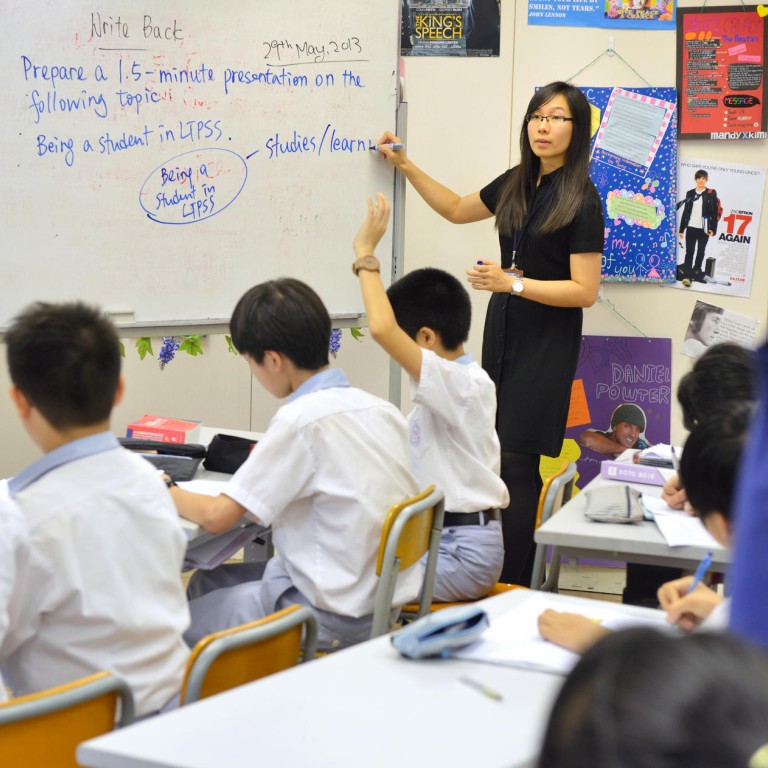
Liberal studies fires up social awareness among students
It has been claimed in the past that students and young people in Hong Kong generally have little interest in current affairs. By this reckoning, it follows Hong Kong youth has a minimal understanding of civic and world affairs. This assertion may have had some validity in days gone by, but it is not such a relevant point today.
As native English-speaking teachers (NETs), my colleagues and I have been privileged to witness the rise of liberal studies as a subject as part of the new secondary school syllabus over the past eight years or so. Some NET colleagues may have even had the opportunity to teach liberal studies as a subject, either on their own or as part of a team with local colleagues.
What this has really meant is a burgeoning social awareness among Hong Kong youth. Teachers are exchanging anecdotes about the greater interest shown by students in local and international affairs. The image of indifferent Hong Kong youngsters is passé. It has been superseded, in many instances, by a greater sense of civic responsibility. Now the idealism of this new generation in Hong Kong could serve as a role model for the youth in many NETs' home countries.
To cite an example, there is the current "hot potato" issue of the central government's ruling on the options for Hong Kong's planned Chief Executive election in 2017. My own students seem well-informed about it and have talked of little else in class all week.
It has been heartening to see teachers from a wide variety of disciplines, and not just liberal studies, promoting civic participation and focusing on the rights and responsibilities of citizens.
There has also been a crossover effect for current affairs in the core teaching subject of English.
NETs and local English teachers (LETs) now often teach, separately or together, the popular English language elective topic of social issues. The study of social issues relies on a good working knowledge of local, national and international affairs. We have noticed at our school that, since the advent of liberal studies and the arrival of elective topics under the new secondary school syllabus, our students have boosted their general knowledge a great deal.
It could be argued that English lessons in Hong Kong always incorporated newspaper studies. But there was often a problem with this type of newspaper work. Compulsory English newspaper assignments in the past often involved randomly cut-out articles with little appeal for the students and little relation to each other. The point of the exercise was often largely to build up lists of unfamiliar vocabulary items and then to define them.
Sadly, many of these discrete vocabulary items were never used again and forgotten by students after the newspaper assignment was done. The other problem was too many of these assignments were being dished out. It tended to kill students' enthusiasm for current affairs. I saw it happening before the syllabus was adopted eight years ago.
This sort of meaningless, unconnected newspaper work was symbolic of what was happening in English lessons in the old days. It helps explain why the task-based learning approach became so popular among both NETs and LETs about a decade ago. Instead of rote-learning disjointed, disconnected written passages and unfamiliar vocabulary items, students were required to tackle tasks they had a personal stake in that could help them build links between various pieces of knowledge.
In many ways, the social issues elective in English, as well as liberal studies as a subject, represent the task-based learning approaches of today. They help students make sense of Hong Kong and the wider world to which we are all connected. Local students have become more than mere passive recipients of knowledge; they have become active participants in society.
As our students are the future leaders of Hong Kong, this would appear to bode well for the Hong Kong of tomorrow.
Perry Bayer is secretary of the Native English-speaking Teachers Association

